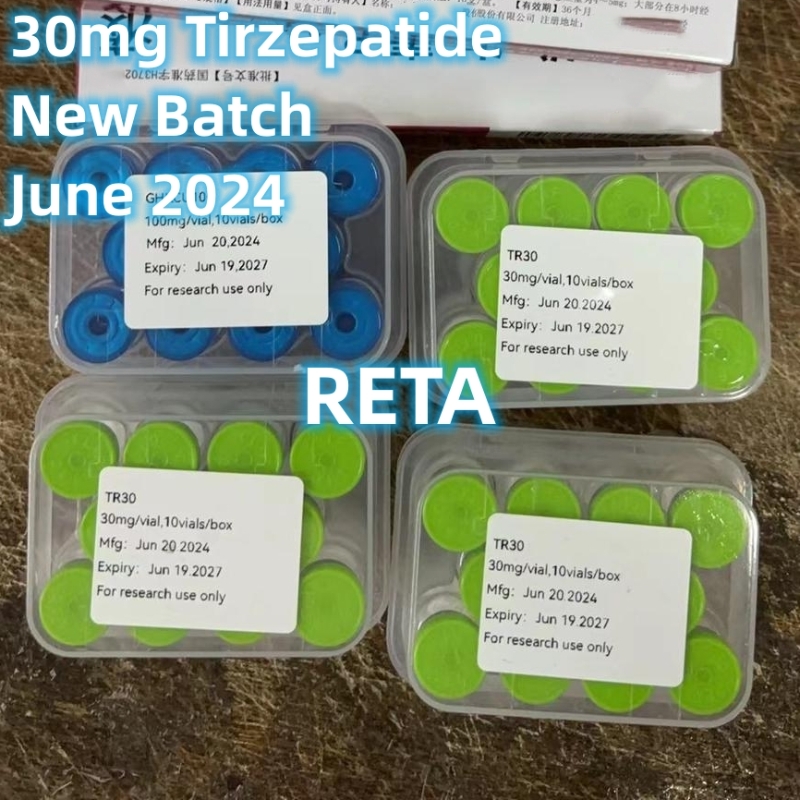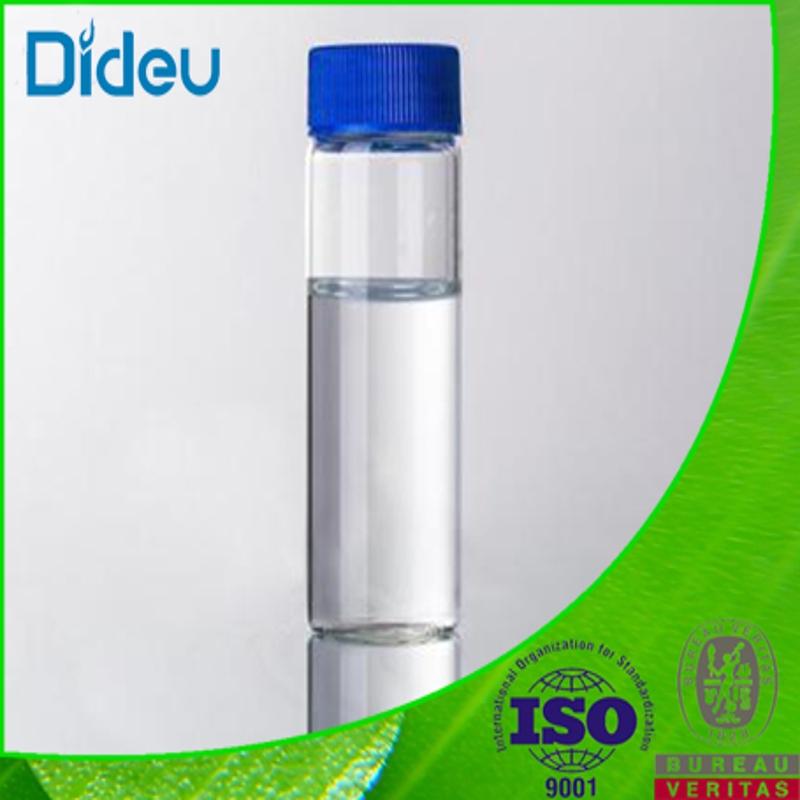-
Categories
-
Pharmaceutical Intermediates
-
Active Pharmaceutical Ingredients
-
Food Additives
- Industrial Coatings
- Agrochemicals
- Dyes and Pigments
- Surfactant
- Flavors and Fragrances
- Chemical Reagents
- Catalyst and Auxiliary
- Natural Products
- Inorganic Chemistry
-
Organic Chemistry
-
Biochemical Engineering
- Analytical Chemistry
-
Cosmetic Ingredient
- Water Treatment Chemical
-
Pharmaceutical Intermediates
Promotion
ECHEMI Mall
Wholesale
Weekly Price
Exhibition
News
-
Trade Service
Nucala is the first IL-5 targeted therapy and has been approved to treat 4 eosinophilic diseases
.
Eosinophil-driven disease (EDD, image source: astrazeneca.
com)
November 17, 2021/Bio Valley BIOON/ - GlaxoSmithKline (GSK) recently announced that the European Commission (EC) has approved the anti-inflammatory drug Nucala (mepolizumab, mepolizumab), which is a kind of A monoclonal antibody that specifically targets interleukin 5 (IL-5) for the treatment of 3 eosinophil-driven diseases: hypereosinophilic syndrome (HES), chronic rhino-sinusitis with nose Polyps (CRSwNP), eosinophilic granulomatous polyangiitis (EGPA)
.
In the European Union, Nucala has previously been approved as an add-on therapy for patients with severe eosinophilic asthma (SEA) aged 6 years and older
.
It is worth mentioning that Nucala is the only therapy approved for the treatment of 4 eosinophil-driven diseases in Europe, and it is also the first anti-IL-5 biological therapy for the treatment of HES and CRSwNP.
In the United States, Nucala has been approved to treat 4 indications: SEA, EPGA, HES, CRSwNP
.
Eosinophil-driven diseases, such as SEA, HES, CRSwNP, and EGPA, are all inflammatory diseases characterized by elevated levels of eosinophils
Through targeted therapy to reduce eosinophils in the blood to normal levels, Nucala has shown therapeutic benefits in a series of eosinophil-driven diseases
.
The EU approval is based on data from a series of key Phase 3 studies that investigated the role of Nucala's targeted inhibition of IL-5 in the treatment of eosinophil-driven diseases.
The results of the study showed that: (1) In HES patients During the 32-week study period, when combined with standard care, Nucala-treated patients had significantly fewer HES episodes (exacerbations of symptoms or eosinophil levels above the threshold requiring escalation of treatment) compared with placebo
.
(2) In patients with CRSwNP who underwent at least one operation, when combined with standard care, Nucala showed nasal polyp size at the end of the 52-week study and nasal congestion at 49-52 weeks compared with placebo.
Nucala's active pharmaceutical ingredient mepolizumab is a monoclonal antibody that specifically targets interleukin 5 (IL-5)
.
IL-5 is a cytokine that can regulate the growth, activation, and survival of eosinophils (a type of white blood cell), and can provide important signals for the migration of eosinophils from the bone marrow to the lungs and other organs
Based on the above-mentioned mechanism of action, Nucala is being developed for a variety of diseases caused by inflammation caused by eosinophils
.
The drug has been evaluated in 41 clinical trials with more than 4000 patients across multiple eosinophil indications
Nucala was approved at the end of 2015 and is the world's first biological therapy targeting IL-5
.
So far, Nucala has been approved in the United States, Europe and more than 25 other markets as an additional maintenance therapy for patients with severe eosinophilic asthma (SEA)
In July 2021, Nucala was approved in the United States and became the first anti-IL-5 therapy for the treatment of CRSwNP.
The specific indications are: for adult patients 18 years and older with insufficient response to intranasal corticosteroids (INC) CRSwNP add-on maintenance treatment
.
(Bioon.







